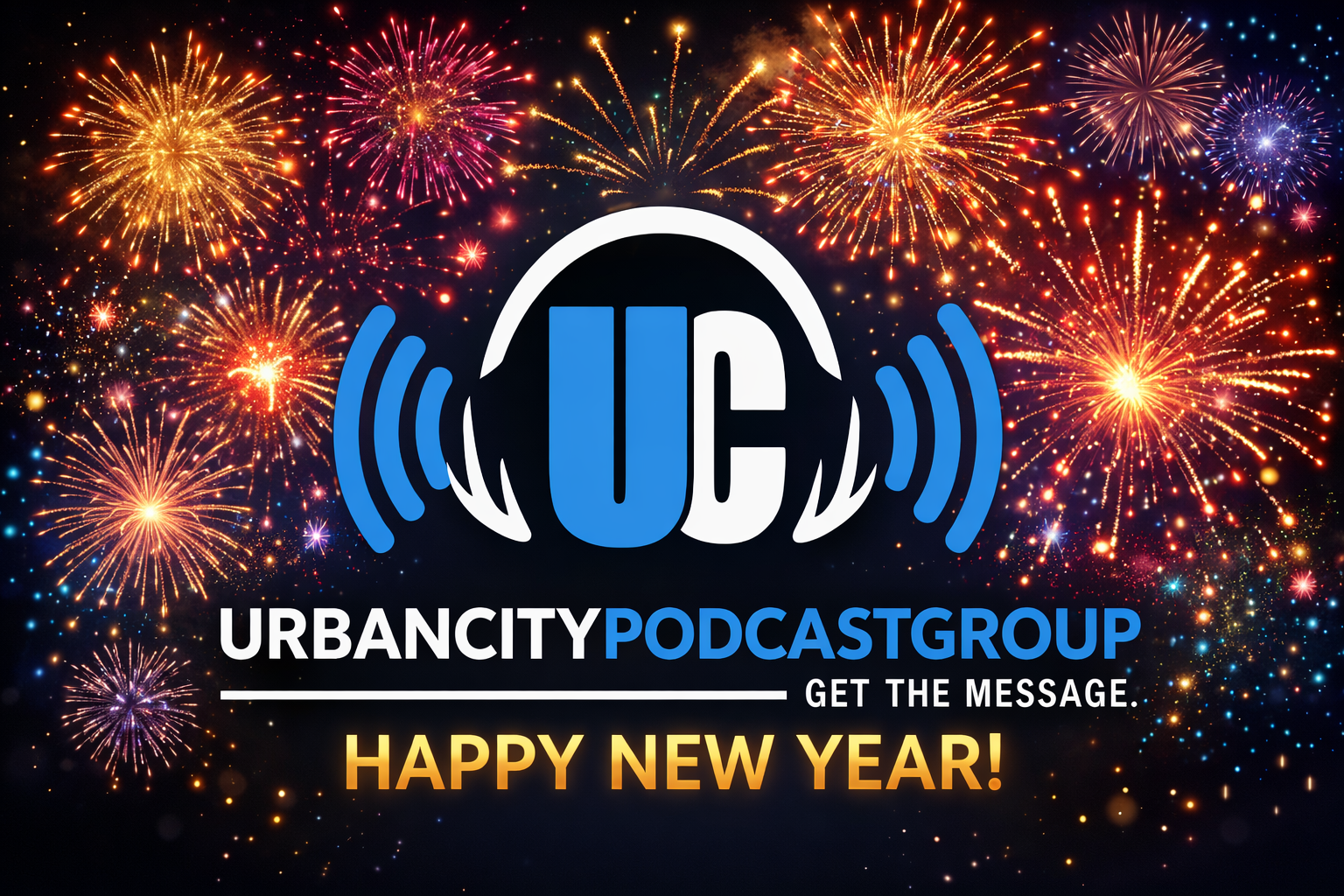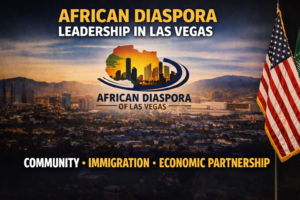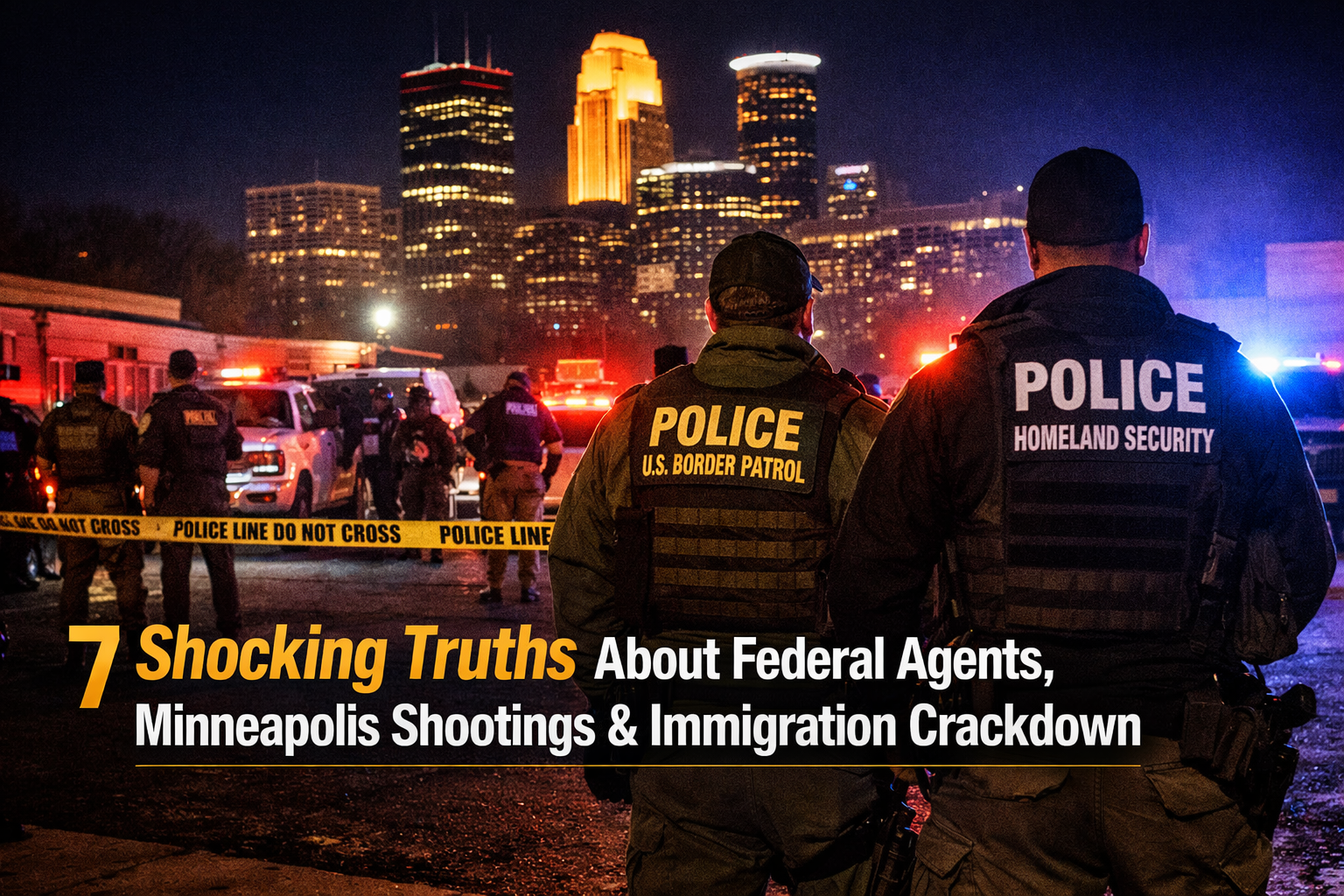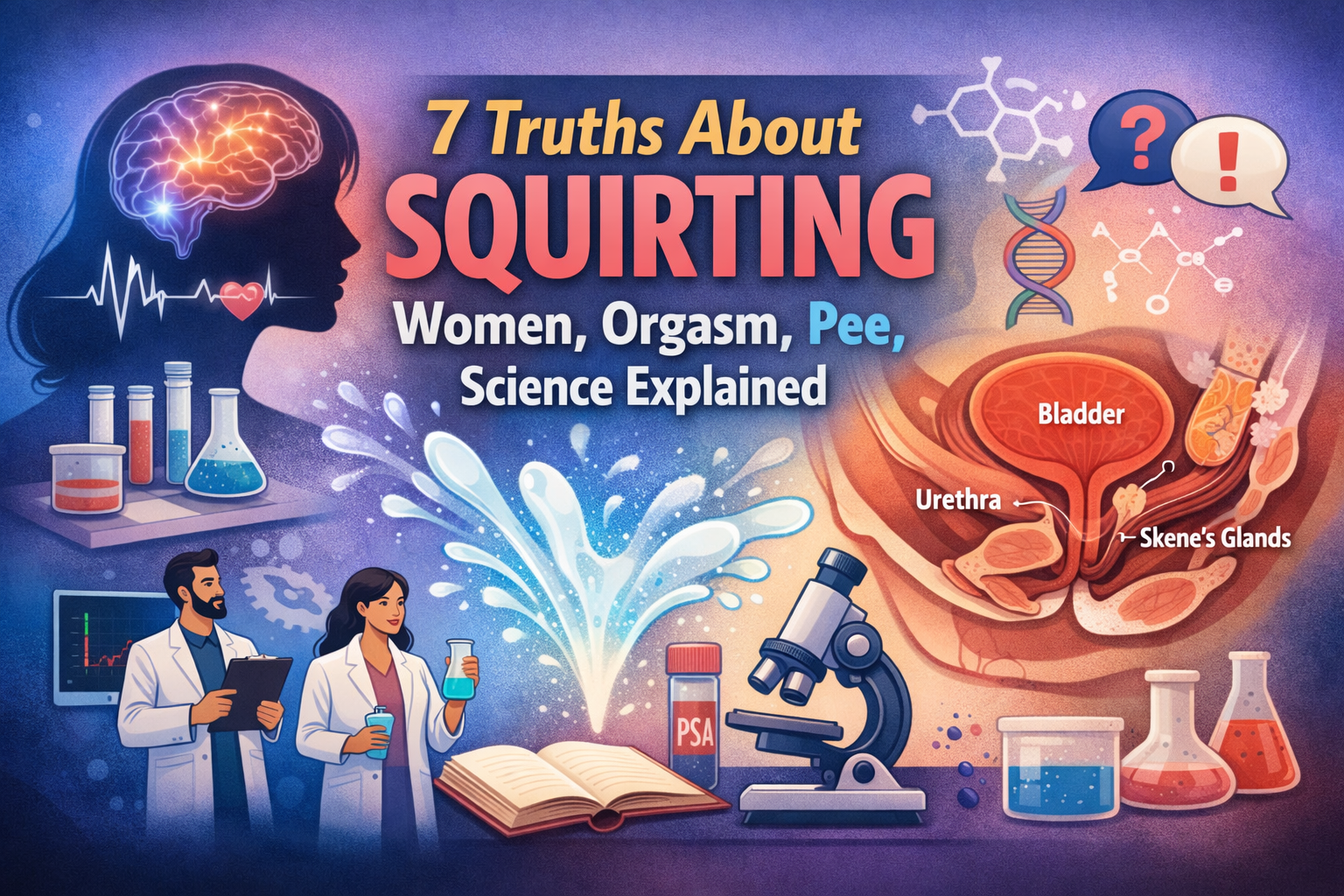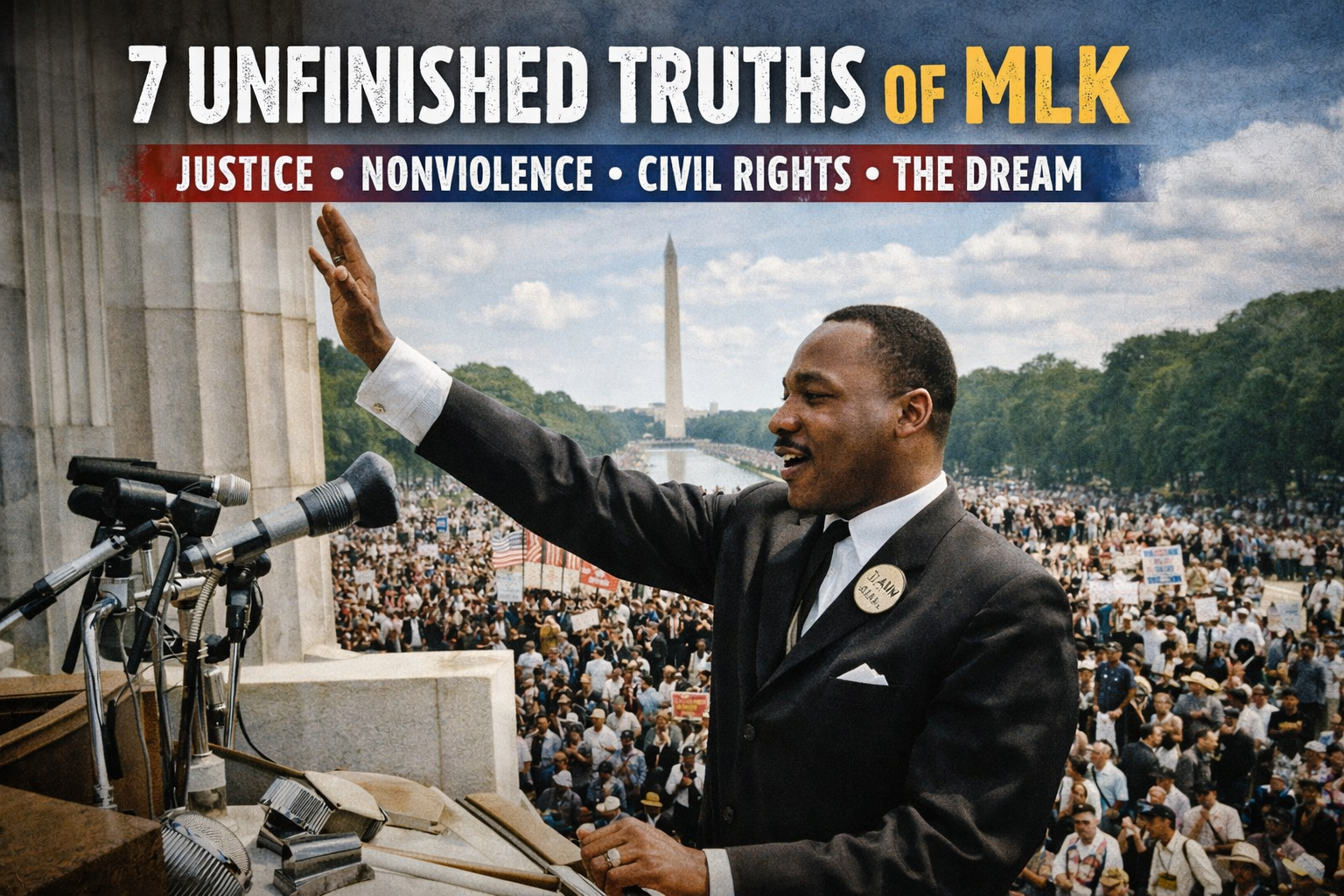This week on Viewpoint. It was just like throwing a bomb into the educational system. It quickly ruined so much and they’ve taken no responsibility for this.
Are students using AI to cheat their way through school? Then. We think of JFK and we think of RFK, we think of the Kennedys of the past and the roles that they played and the tragedies that they’ve faced. Uncovering the Kennedys you’ve heard little about.
I’m Marty Peterson. And I’m Gary Price. These stories in depth this week on your public affairs magazine, Viewpoints.
At Charmin, we heard you shouldn’t talk about going to the bathroom in public. So we decided to sing about it. Light a candle, pour some wine.
Grab a roll, the soft kind for a little me time. Charmin ultra soft smooth tear. Wavy edges for my rear.
So that the softness caress your soul. Just relax your own, let it rip. Charmin ultra soft smooth tear.
Charmin ultra soft smooth tear has the same softness you love. Now with wavy edges that tear better than the leading one-ply brand. Enjoy the go with Charmin.
Progressive knows when you’re in your RV, you’re already on vacation. That’s when you become vacation you. Who just camped where there’s absolutely no shade.
Even though regular you burns easily. In fact, vacation you burns too, but it’s too stubborn to admit it, which is why regular you gets in trouble at the dermatologist because vacation you doesn’t do doctors. So bundle your RV with your home or auto policy and earn an automatic discount from Progressive.
And spend the savings on the both of you. Progressive Casualty Insurance Company affiliates and other insurers not available in all states or situations. In high schools, colleges and universities across the country, educators are facing an epidemic, a cheating epidemic.
With generative AI tools like Gemini, Clawed, and most notably ChatGPT easily accessible, it’s an uphill battle to get students to stay focused, let alone do their homework. While ChatGPT has only been publicly available for a few years, it’s already done tremendous damage to the education system. Michael Long, a high school English teacher in the Chicago suburbs estimates that 30 to 40% of his students use AI to do the brunt of their work for them.
And it’s only getting harder to tell what’s written by a human and what’s not. And at the beginning, it was pretty clear to tell what was written with AI and what wasn’t. Whereas now in the stage that ChatGPT is at, you can still generally tell, but it’s much harder to discern.
As ChatGPT use becomes more frequent and more problematic, teachers and professors have put in place policies restricting AI usage. One tactic that’s become popular is the use of blue books for in-class quizzes and exams. These simple books pose open-ended questions, forcing students to handwrite a longer answer that shows their unique thought process.
In Long’s classroom, his policy is that AI tools are strictly off-limits for major projects. But for smaller assignments, it’s sometimes allowed to help with items like structuring a paper or checking grammar, as long as AI isn’t doing all the work. While he recognizes that AI can be helpful, it’s easy to abuse.
Overall, he’s seen a concerning decline in student engagement and work ethic. I’d say students are a little less engaged. I think knowing that they have this tool to fall back on, it kind of lowers the stakes of maybe major assignments, major assessments, and they maybe feel like they don’t have to tune in as deeply or as thoroughly as before.
And especially in my subject of English, students are starting to lose sight of the value of reading and writing, which is kind of crazy to think. But if there’s this machine that can do all their reading and writing work for them, some students might think, why should I spend my time learning these skills? High school is a crucial time for students to develop their critical thinking skills and expand on reading and writing comprehension. Long is concerned that students who depend on AI to write essays or understand reading assignments won’t be prepared for the demands of college-level work.
In high school, it’s easier for teachers to identify when a person is struggling and get them more help. In college, that support is much harder to provide. I think that students are becoming a little bit more prone to taking a quick or easy way out of an assignment instead of putting in some hard or rigorous work to get to the learning.
And so in high school, our job is to do everything to make sure that our students are learning and don’t fail. So I do get concerned for college where the professors maybe don’t really care as much if students pass or fail. And so they’ll get to this higher education level and maybe won’t be able to do the high-level work that’s being demanded of them.
And colleges are seeing this already. Brian Green, Director of Technology Ethics at the Markkula Center for Applied Ethics at Santa Clara University, has also noticed big shifts in his classroom since the launch of ChatGPT. Similar to Long, he’s seen shorter attention spans and less engagement.
But he’s even more concerned about the long-term impact of students graduating school without the skills they need to succeed. One of the things I like to tell my students is if they’ve been using AI to replace them in school, they should be prepared to be replaced by AI in the workplace because ultimately they’re writing themselves out of their own education. And by doing that, they’re kind of writing themselves out of their own job, ultimately.
They need to be able to think for themselves. That’s the reason that people get hired for doing things is because they have talents, not because they can just get AI to do everything for them. A recent Wall Street Journal survey found that 89% of college students have used ChatGPT to complete a homework assignment.
Not only is this bad for individuals, but it has broader societal implications. What happens when a generation of doctors, engineers, and scientists use AI to cheat through critical parts of their training? People need to grow up. People need to be able to fulfill those roles in society.
If we don’t have enough people to get society to operate, then society starts deteriorating. If we don’t get enough doctors who know what they’re doing, then you get more medical mistakes. If you don’t get enough electrical engineers or electricians or other people who can make the electrical grid work, then you’re going to have blackouts.
If you don’t get enough people who know how the sewage system works or the water system works, then you’re going to have problems with those systems. And ultimately, society just starts falling apart. We need to raise up individuals who can replace the older generation.
As the older generation gets old and retires and eventually is not around anymore to run the world, we need to make sure that young people are equipped to step into those places. Green adds that it’s important for students to step up and realize the value of really learning and understanding the material. However, they’re not the only ones that need to take accountability.
As a tech ethicist, he believes that OpenAI, the parent company of ChatGPT and other developers, should do more to restrict student access to their platforms. OpenAI released ChatGPT right before finals, you know, just a couple of years ago, and right before college essays were due for people who are applying to college. And it was just like throwing a bomb into the educational system.
It quickly ruined so much, and they’ve taken no responsibility for this. This is something that they caused. It should be something that they try to clean up.
They have not tried to clean it up. They’ve done some tiny little attempts, but if anything, they’re trying to make it worse by selling their stuff as something that’s useful for educational purposes. And in some cases it is, it can be useful for education, but for the most part, it’s really just a kind of a mess that they’ve created.
Some potential benefits include writing assistance, like Long uses in his classroom, as well as virtual tutoring and exam prep. But before ChatGPT and other software can become truly effective tools for learning, Green says there need to be some major changes. What I would like to see happen is some sort of restriction, which says that you can’t use AI for particular kinds of assignments, or you can’t access AI unless you have a reason to be accessing it.
Or there’s got to be some centralized database that’s collecting all of these responses so that you can check what’s turned in in class with what was made by a generative AI system. There are a lot of solutions here. Nobody seems to be interested in it because what they’re trying to do is make money.
And they are going to try to sell this as much as they can. And it doesn’t matter if the student’s cheating with it or not, as long as they’re making money as a company.
Considering OpenAI reportedly made $3.7 billion in revenue last year, Green isn’t optimistic they or other tech companies will step in.
In the meantime, he’s replaced written assignments with 10-minute conversations with each student in his class. And even in the long run, putting up guardrails against AI misuse may be destined to fail unless young people understand the benefits of taking the hard road. Green argues that the most effective solution is to make students actually want to learn.
The main thing to do is to remember why you’re in a university in the first place. If you’re a student, you should have a sense of goal orientation that you need to learn this material if you’re going to go forward in your life. So keep your eyes on what you’re there for.
If there are other people cheating around you, then try to explain to them, you know, this is not good for you. You’re wasting your education. This is not what life is all about.
If you’re a teacher, you should be making the same argument, right? Which is that this is ultimately not what your education is for. To find out more about Michael Long, Brian Green, and all our featured guests, visit viewpointsradio.org. For more behind the scenes, check out Viewpoints Radio on X Facebook and Instagram. This segment was written and produced by Grace Galanti.
Our executive producer is Amir Azeveri. Studio production by Jason Dickey. I’m Gary Price.
Coming up, from poor Irish immigrants to a generational dynasty. The Kennedy Legacy, when Viewpoints returns. Father’s Day is Sunday, and if you haven’t found a gift yet, don’t panic.
Just come to Macy’s Father’s Day Sale for gifts that’ll make Dad say, this is perfect. Shop designer polos from Lacoste and Tommy Hilfiger, 30 to 50% off. Watches from Citizen and Bulova, 30% off.
Fragrance gift sets, boxed and ready to give. Even a 36-piece Cuisinart grill set, now half off. Hurry in, Father’s Day is this Sunday, and this sale is happening now at Macy’s.
Savings off already reduced prices. Exclusions apply. Another checkup? Why are so many people getting new puppies? Dr. Kim’s veterinary office is littered with cuteness.
We are booked solid for weeks, but who can say no to a puppy, right? Bonjour, good boy. Bonjour. She needs to find extra vet techs to get those pups some extra love.
I need Indeed. Indeed you do. When you sponsor a job on Indeed, candidates can find it easier, so you can hire easier.
Redeem your $75 credit at indeed.com slash credit. Terms and conditions apply. Thy ticket, Lady Jennifer of Coolidge.
Well, many thanks, good sir. Heareth my Discover card. They accept Discover at Renaissance fairs? Yeah, they do here.
Discover is accepted at the places I love to shop. Geteth with the times. With the times? You’re playing the lute.
Yeah, and it sounds pretty good, right? Discover is accepted at 99% of places that take credit cards nationwide. Based on the February 2024 Nielsen report. Sometimes I struggle to get to sleep.
My body stopped for the day, but my mind is still running. So I take Z-Quil. Z-Quil, the world’s number one sleep aid brand, has a range of non-habit forming products to fit you and your family’s needs.
Invest in a great night’s sleep for the best you tomorrow. I’m awake and ready to take on anything. Better days start with Z-Quil Nights.
Explore our products at zquil.com. Uses directed, keep out of reach of children. It’s been more than 60 years since President John F. Kennedy was assassinated. Despite only serving in office for three years, JFK is one of the most popular presidents in American history.
The young, stylish icon had a natural knack for politics, leadership, and represented a sense of country and idealism that inspired millions. But these traits alone weren’t what propelled JFK into the public sphere. The Kennedy name was a big driving force in the 20th century.
To be a Kennedy meant you were destined for big things. The prominent East Coast family was known across the nation for their dominance in business, public service, and politics. Today, the Kennedy name still perseveres in American politics.
Robert F. Kennedy Jr., the nephew of President John F. Kennedy, was recently appointed and confirmed as the U.S. Secretary of Health and Human Services. They were raised with this sensibility that they are here to serve, to give back. They were all born wealthy.
Joe was born wealthy. His kids were born extremely wealthy. So they didn’t necessarily need to work, at least not, you know, a regular job.
I think their sense of what they could and should do with their lives was to give back in different ways, whether politically or otherwise. That’s Neil Thompson, a journalist and the author of The First Kennedys, the humble roots of an American dynasty. Thompson says that it’s no secret that the family has dealt with their fair share of past controversies and tragedies.
There are a lot of things you can criticize. There are a lot of flaws. They, you know, many of them exhibited their flaws very publicly across time.
But the one thing they did do is give back and serve. And in particular, with a focus on those in need. I do think the Kennedys did have a sense of helping those who needed help.
While public service is a key trait of their legacy, another aspect is the classic image of this elite family. Many portraits display large get-togethers where everyone is dressed to the nines, enjoying parties or summer getaways along the picturesque beaches of the East Coast. This was especially true in the 20th century, when the family commanded immense recognition, power, and privilege.
However, it wasn’t always this way. So much has been covered about the Kennedys at their peak. But how did they get there? Who started it all? It’s rarely mentioned that the Kennedy name, just a few generations before JFK, meant nothing.
The first descendants, Bridget Murphy and Patrick Kennedy, were simply poor Irish immigrants seeking a better life. Thompson says the couple both grew up in rural southeastern Ireland and had spent much of their lives working in agriculture. But when the potato famine hit Ireland in 1845 and continued to worsen, life became very hard.
For Bridget Murphy and Patrick Kennedy, they were slightly better off than some of the other farm families across the island, especially in the West, which got hit harder by the potato famine. But still, it upended their lives completely, for sure. They did sort of live under the threat of eviction.
I found evidence that their landlord was a little bit more gracious than some others and didn’t threaten to kick them out when they were a little bit late on the rent, which happened often. But it did trigger early on, and then increasingly over the late 1840s, this mass escape from Ireland. And Bridget and Patrick were part of that escape.
While the U.S. was a symbol of hope and great opportunity, many fleeing refugees faced a different reality upon arrival. In the mid-19th century, there was a lot of anti-Irish sentiment. Hundreds of thousands of Irish immigrants flooded into America.
Bridget and Patrick were just a couple of many who chose to settle down in Boston. Bridget began working as a maid, while Patrick became a barrel maker. But it wasn’t a comfortable life by any means.
Poverty and disease ran rampant. So Bridget and Patrick lived in East Boston, married in 1849, started raising a family, had two daughters. But then lost their first son, the first John F. Kennedy, who died at 20 months.
Because many of the neighborhoods where these Irish immigrants lived were unhygienic and full of disease. And people died in very large numbers, children and adults. In fact, the life expectancy for a first-generation child of an Irish immigrant was five years.
And in Bridget’s case, she raised three daughters, lost her first son at 20 months, but managed to have another son, P.J., and kept all four of those children alive beyond that five-year terrible life expectancy. Bridget’s other children survived these conditions, but her husband Patrick died in 1858 from tuberculosis at the age of 35. Now a widow and single mother of four, she worked hard to provide for her family.
Over the next 10 years, she climbed the ladder at different jobs, learning several new skills along the way. In time, decided to go into business for herself and she opened her own grocery store sometime around the end of the Civil War in East Boston, which was truly a remarkable feat because there weren’t many female business owners at that time, and even fewer were female Irish immigrant widows. So for her to open her own business and have that business succeed, a business that she owned for the rest of her life, caps off this remarkable ascent for this woman who came poor with nothing, faced hardship after
hardship with the loss of her son and then her husband, but shows this ambition and grit and tenacity and savvy and becomes kind of a community fixture.
In time, she was able to buy the building where her grocery store was occupied and then bought the building next to that and became, remarkably to me, a landlord, leasing out the apartments above to incoming Irish immigrants. Two of those immigrants became her sons-in-law. So she became a very well-known and trusted and respectable neighborhood business leader.
From nothing, Bridget was able to carve out a name in America for her children and future generations. One of her sons, P.J. Kennedy, would go on to be a successful businessman and prominent Massachusetts politician, beginning the Kennedys’ long reign in politics. His success really does set the family up for what is about to come in the 20th century.
You know, other histories of the Kennedys focus on Joe Kennedy, JFK’s father, RFK’s father, and the successes that he had in business. But it really all started with P.J. You know, not just his political success, but his business success, and not just in the saloon and liquor business, but he went into banking. He got involved in real estate.
He was part owner of a coal company. He was just wildly successful at anything he got involved in and gave those skills to his son, Joe, who chose not to get involved in politics, but was a huge success in business, and then in turn pushed his own children to get involved in politics or public service. One of those children he pushed was John F. Kennedy, who would become a U.S. senator and then president in 1961.
While the Kennedy men had many triumphs, it’s important to remember that without the perseverance of Bridget Murphy Kennedy, the Kennedy name would be far less predominant today. To find out more about this topic and our guest, Neil Thompson, visit ViewpointsRadio.org. Also, check out his book, The First Kennedys, The Humble Roots of an American Dynasty, available online and in bookstores now. For more behind-the-scenes, visit ViewpointsRadio.org. This segment originally aired in April 2022 and was written and produced by Amira Zaveri.
Our studio manager is Jason Dickey. I’m Marty Peterson. Viewpoints returns in just a moment.
On your period, sudden gushes happen without warning, but now you can say goodbye to stand-up gush fears. Thanks to Always Ultra Thins with Rapid Dry technology, it absorbs gushes two times faster than the leading store brand and gives you up to 100% leak-free protection. Hello, clean and comfortable.
With Always, fear no gush. Still getting around to that fix on your car? You got this. On eBay, you’ll find millions of parts guaranteed to fit.
Doesn’t matter if it’s a major engine repair or your first time swapping your windshield wipers. eBay has that part you need, ready to click perfectly into place for changes big and small. Loud or quiet, find all the parts you need at prices you’ll love.
Guaranteed to fit every time. But you already know that. eBay.
Things. Love. Eligible items only.
Excluding supply. This is Viewpoints Explained. I’m Ebony McMorris.
Americans are more hopped up on caffeine than ever. Whether it’s coffee or energy drinks, there are endless brands and brews to choose from. Energy drinks in particular have grown in popularity over the last 10 years among adolescents, young adults, and middle-aged adults.
Many of these beverages come in a variety of fruity flavors and often bill themselves as clean energy. But just how much caffeine lies inside? Bang Energy packs 300 milligrams of caffeine into 16 fluid ounces. That one serving equals about three cups of caffeine.
Another popular brand, Celsius, offers a special variety called Celsius Heat, which has 300 milligrams of caffeine but in a smaller 10-ounce serving. The drink is marketed as a great pre-workout option for gym goers. The takeaway? Many of these newer energy products are normalizing a higher caffeine intake to keep consumers hooked.
For instance, Red Bull, which has been sold in the U.S. since 1996, only has 111 milligrams of caffeine per 12 ounces. That’s much lower than what’s in a regular can of Celsius or Prime. For the average adult, the Food and Drug Administration recommends a max amount of 400 milligrams of caffeine per day.
Consuming more than this can cause harsh side effects like anxiety, jitters, headaches, and heart palpitations. Currently, there’s no formal cap on how much caffeine manufacturers can add into one drink. So, the next time you need a little pick-me-up, make sure to check the label.
The caffeine content is usually listed on the side right next to the nutrition info. That’s Viewpoints explained for this week. More in a moment.
Welcome to Culture Crash, where we examine what’s new and old in entertainment. Do you have a Letterboxd account? Do you know what a Letterboxd account is? In case you don’t know, Letterboxd is an online film cataloging app similar to Goodreads, but for tracking movies instead of books. As of January of this year, Letterboxd has more than 17 million users on its app, making lists, giving star ratings, and logging the date they watch movies in their diary.
I am, of course, one of those 17 million users having meticulously maintained my own Letterboxd since 2016. There are many joys of using an app like Letterboxd or Goodreads, including the amount of discovery they can provide. I’ve spent many a rainy day trolling around Letterboxd, finding users with similar movie tastes as mine, and then looking at what their favorite movies are to fill in some blind spots in my viewing history, whether that means seeking out an old noir film or an 80s movie from Peter Weir.
Every Letterboxd profile can display four favorites at the top of their page. And the app itself has sent correspondents to film premieres and award shows in recent years to ask actors and filmmakers what their four favorites are. For example, Ethan Hawke shot it out Do the Right Thing, Paris, Texas, Reds, and All That Jazz, while Iowa Debris’s top four includes The Good, the Bad, and the Ugly, Notting Hill, Phantom Thread, and Babe.
Now, I’m not suggesting this is need-to-know knowledge for anyone to have, but I’d be lying if I said I didn’t find it interesting and if it didn’t make me want to finally see Reds or go re-watch Phantom Thread. And that’s the beauty of Letterboxd. You can go in to log what you just watched and then log out with three more things you want to watch soon.
I’m Evan Rook. If you love to travel, Capital One has a rewards credit card that’s perfect for you. With the Capital One Venture X Card, you earn unlimited double miles on everything you buy.
Plus, you get premium benefits at a collection of luxury hotels when you book on Capital One Travel. And with Venture X, you get access to over 1,000 airport lounges worldwide. Open up a world of travel possibilities with the Capital One Venture X Card.
What’s in your wallet? Terms apply. Lounge access is subject to change. See CapitalOne.com for details.
And that’s Viewpoints for this week. Follow us on Twitter, Facebook, and Instagram to learn more about upcoming shows. And find a library of past programs on Apple Podcasts, Google Play, and Spotify.
Plus, you’ll always find previous segments and more information about our guests at viewpointsradio.org. Join us again next week for another edition of Viewpoints
